Oral Hygiene: 5 Benefits of Using Essential oils for Good Oral Hygiene
5 Benefits of Using Essential oils for Good Oral Hygiene
Overview
Essential oils are excellent for good oral hygiene and are known for their healing benefits that can be felt by people all over the world. They are also incredibly effective at treating gum disease and mouth pain, and when used correctly, they reduce chronic disease risk
Some experts claim that 80-90% of all diseases are linked to oral hygiene and that the best way to maintain your microbiome is to keep your mouth clean.
Advanced Dentistry with Essential Oils
The growing interest in holistic oral health suggests that not all bacteria are harmful, which confirms what doctors have told us since childhood visits to the dentist. Because of this, antiseptic mouthwashes, which kill in contact with everything, may not be the best choice for our oral health needs. However, while often overlooked because of their germ-fighting properties, essential oils provide a very beneficial, functional solution in this area.

The basic benefits of essential oils for good oral hygiene
Promotes oral hygiene
Essential oil solutions and ethanol inhibited the growth of subgingival periopathogens (a cause of gingivitis) better than necessary oil rinses without ethanol or saline controls. Moreover, essential oil solutions do not stain teeth like chlorhexidine rinses.[1]
Stress-relieving
Essential oils such as lavender have been proven to provide mild anxiety relief and calm heightened emotions in various circumstances. Patients have reported less pain during needle insertions after it was supplied in dental waiting rooms. The aroma of orange essential oil is also an anxiolytic for children with anxiety, which reduces cortisol levels in saliva and slows their heart rates.
Advantages of wound care
Studies have shown that using wound dressings with protective essential oils, including clove, in particular, can improve healing time and effectiveness by 20 percent.
Dental implants: aids
There is a theory that applying essential oils such as melissa or lavender to dental implants can limit the formation of biofilm.
Activity against microbes
The antimicrobial benefits of specific essential oils have been demonstrated to exceed those of methylparaben, typically used to preserve cosmetics. There is no reason to believe that essential oils will replace all the preservatives we usually find in our cosmetic products. Still, they might play a supportive role in antimicrobial activities.
How to Use Essential Oils to Manage Oral Hygiene

While we have discussed many ways essential oils can be used, that does not imply that you need to implement everything we have covered. Take the time you need to deal with the concern appropriate
- A vital oil, such as clove, can contribute to sensitivities in the long run. Don’t just build strength as a daily regimen, but rather where more power is needed.
- If your need is acute, you should use more potent, harder-hitting oils. A clove is a good option for this. We address critical needs in the short term (generally over a week) to control the situation before moving on to less intensive (but still effective) maintenance treatments.
- Choosing an aromatic treatment plan that lasts longer will lead to a more gentle approach to your long-term care. Managing oral infections, for instance, requires using a small amount of clove diluted over several months. This may be necessary temporarily to help in preparing for long-term care in a more intense situation. Oral rinses made with hydrosol are examples of something that can be used for extended periods after acute treatment.
The aromatherapy options available to you are endless, regardless of what your oral hygiene or oral health needs maybe![2]
Top Essential Oils for Oral Hygiene
Here are a few essential oils for gum health that are popular:
Clove Oil:
Traditionally, clove oil has been used in dentistry since the 19th century. Eugenol, an anesthetic and antibacterial agent found in cloves, is found in cloves. Research has shown that clove oil can prevent gum disease and reduce tooth pain.
Peppermint Oil:
Peppermint oil can kill bacteria that cause gum disease and cavities, according to research. It is an effective intracanal antiseptic solution. It is sometimes used to relieve pain associated with toothache or mouth ulcers due to its cooling and numbing effects.
Thyme Oil:
Thymol, one of the constituents of thyme, is thought to inhibit the growth of oral pathogens. Thyme can also promote healing when inflamed or infected.
Oregano Oil:
A natural chemical in oregano oil may help fight bacteria in the mouth and get rid of gingivitis and infection in the mouth.
Tea Tree Oil:
Gingivitis, or inflammation of the gums, can be reduced by using tea tree oil. It is not as effective at fighting plaque, however.
Cinnamon Oil:
Cinnamon oil’s antibiotic, antiseptic, and antifungal properties make it an ideal mouthwash for protecting teeth against decay-causing
Are teeth Sensitive? Here are some essential oils to use
Dentin and nerve roots are exposed when enamel erodes from teeth, which is why they feel sensitive. Numerous essential oils can reduce tooth sensitivity and pain and help maintain good gum health, including clove, peppermint, and cinnamon.
Final Thoughts
In conclusion, good oral hygiene is critical to maintain good overall health, and essential oils can be very successful at improving oral health if used correctly. Theses oils need not be directly applied to your teeth or gums – this can be dangerous and could lead to severe problems. A drop or two could be mixed coconut MCT Oils for oil pulling. Additionally, we highly recommend that you talk to your dentist first before attempting any recommendation in this article.
References
- Van Leeuwen MP, Slot DE, Van der Weijden GA. The effect of an essential-oils mouthrinse as compared to a vehicle solution on plaque and gingival inflammation: A systematic review and meta-analysis. Int J Dent Hyg. 2014;12:160–7.
- Claffey N. Essential oil mouthwashes: a key component in oral health management. Journal of clinical periodontology. 2003;30:22–4.

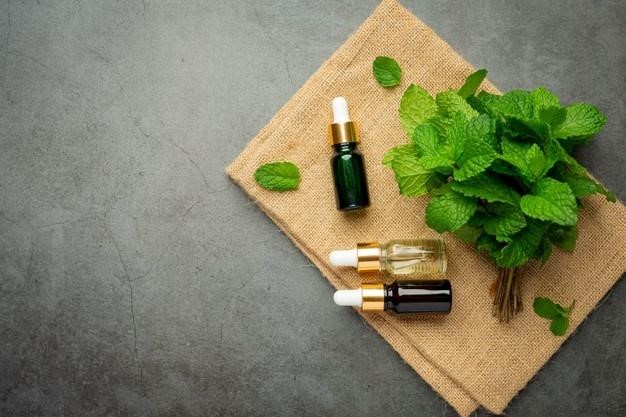


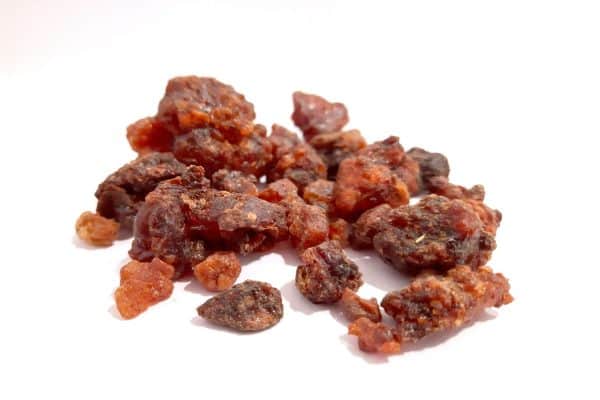


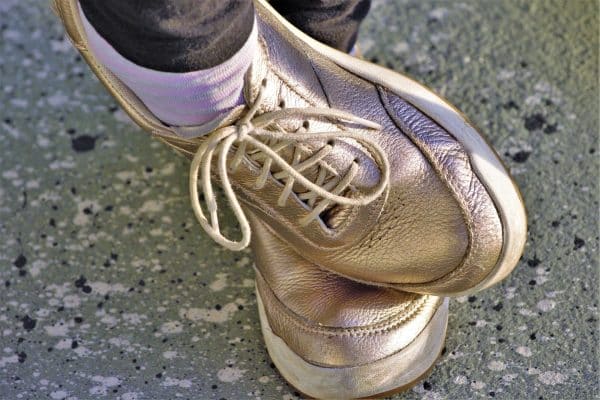




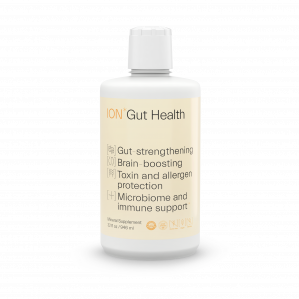
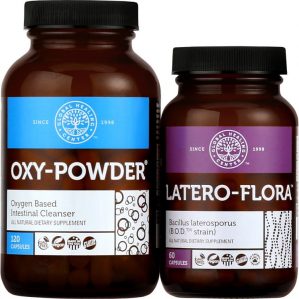
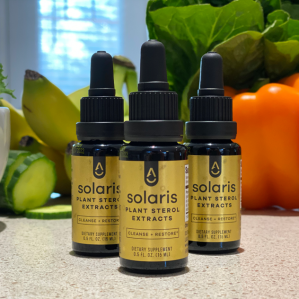
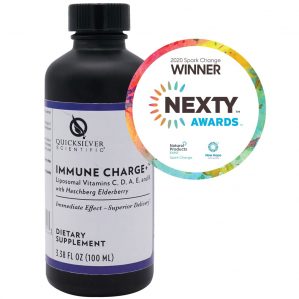











1 Comment
[…] <<<Oral Hygiene: 5 Benefits of Using Essential oils for Good Oral Hygiene>>> […]